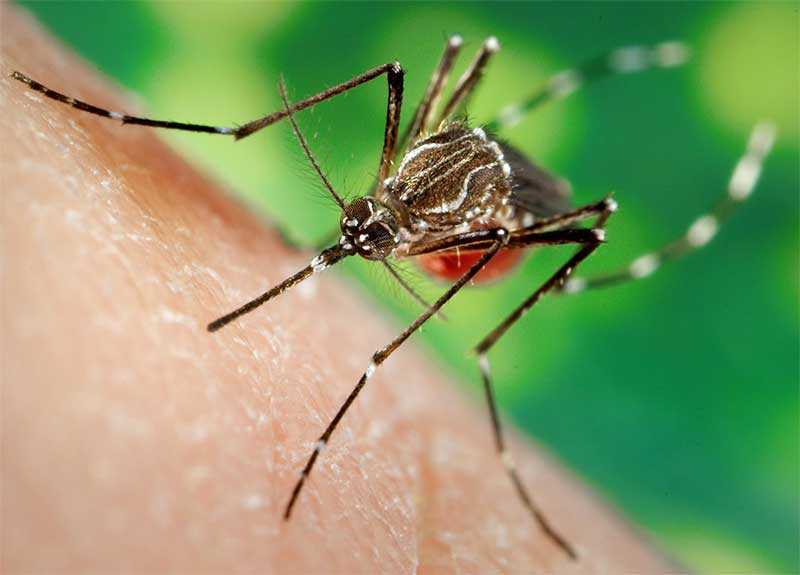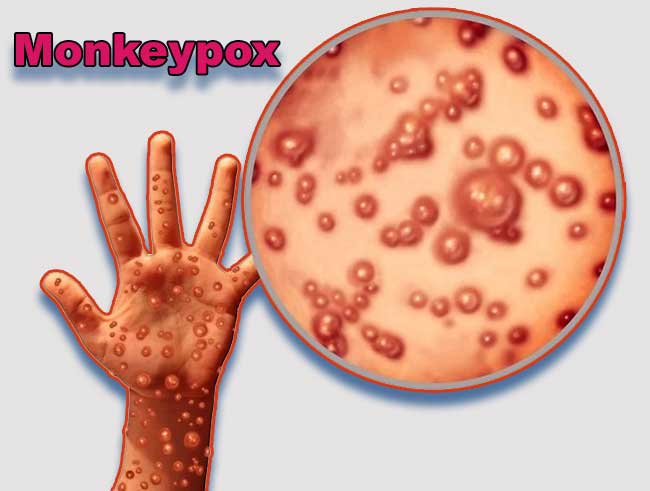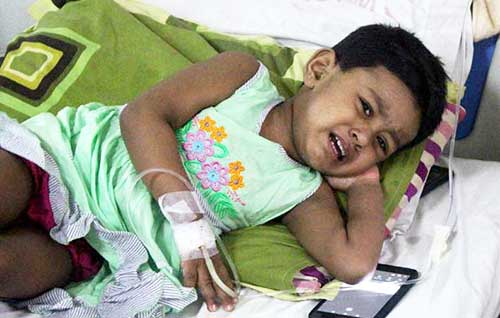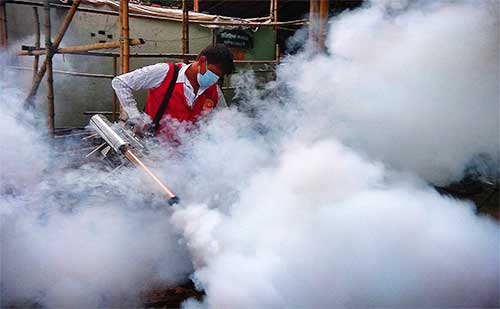
The World Health Organization (WHO) classifies dengue fever into uncomplicated and severe dengue.
Uncomplicated Dengue Fever:
Uncomplicated dengue fever is the milder form of the disease. Symptoms may include high fever, severe headache, pain behind the eyes, joint and muscle pain, rash, and mild bleeding (e.g., nosebleeds or easy bruising). Most cases of dengue fever are uncomplicated and can be managed at home with supportive care.
What to do:
* Get plenty of rest.
* Stay hydrated by drinking plenty of fluids. Oral rehydration solutions (ORS) can replace lost electrolytes in case of vomiting or diarrhea.
* Take acetaminophen (paracetamol) for fever and pain relief. Avoid non-steroidal anti-inflammatory drugs (NSAIDs) like ibuprofen, as they may increase the risk of bleeding.
* Avoid self-medication with aspirin or other blood-thinning medications.
Severe Dengue (Dengue Hemorrhagic Fever or Dengue Shock Syndrome):
In some cases, dengue fever can progress to severe dengue, which is a medical emergency. Severe dengue can cause plasma leakage, severe bleeding, and organ failure, and can be life-threatening.
Signs of severe dengue include persistent vomiting, severe abdominal pain, bleeding from the gums or nose, rapid breathing, fatigue, restlessness, and a decrease in platelet count.
What to do:
* Seek medical attention immediately if you or someone you know is experiencing severe symptoms. Severe dengue requires hospitalization and close monitoring.
* Intravenous (IV) fluid and electrolyte replacement may be necessary to manage dehydration and maintain blood pressure.
* Blood transfusions may be needed if there is severe bleeding or a significant drop in platelet count.
* Medications to control bleeding and stabilize blood pressure might be administered.
Prevention of Dengue Fever:
The best approach is to prevent dengue fever by reducing mosquito populations and avoiding mosquito bites. Here are some preventive measures:
* Use mosquito repellents containing DEET, picaridin, or oil of lemon eucalyptus.
* Wear long-sleeved shirts and long pants to cover exposed skin.
* Use mosquito nets while sleeping.
* Eliminate mosquito breeding sites by emptying or covering containers with stagnant water (e.g., flower pots, buckets, and tires).
* Use screens on doors and windows to prevent mosquitoes from entering buildings.
It is essential to follow the guidance of local health authorities and the WHO for the most up-to-date information on dengue fever management and prevention, as the situation may evolve over time. If you suspect you or someone else has dengue fever, seek medical attention promptly.




